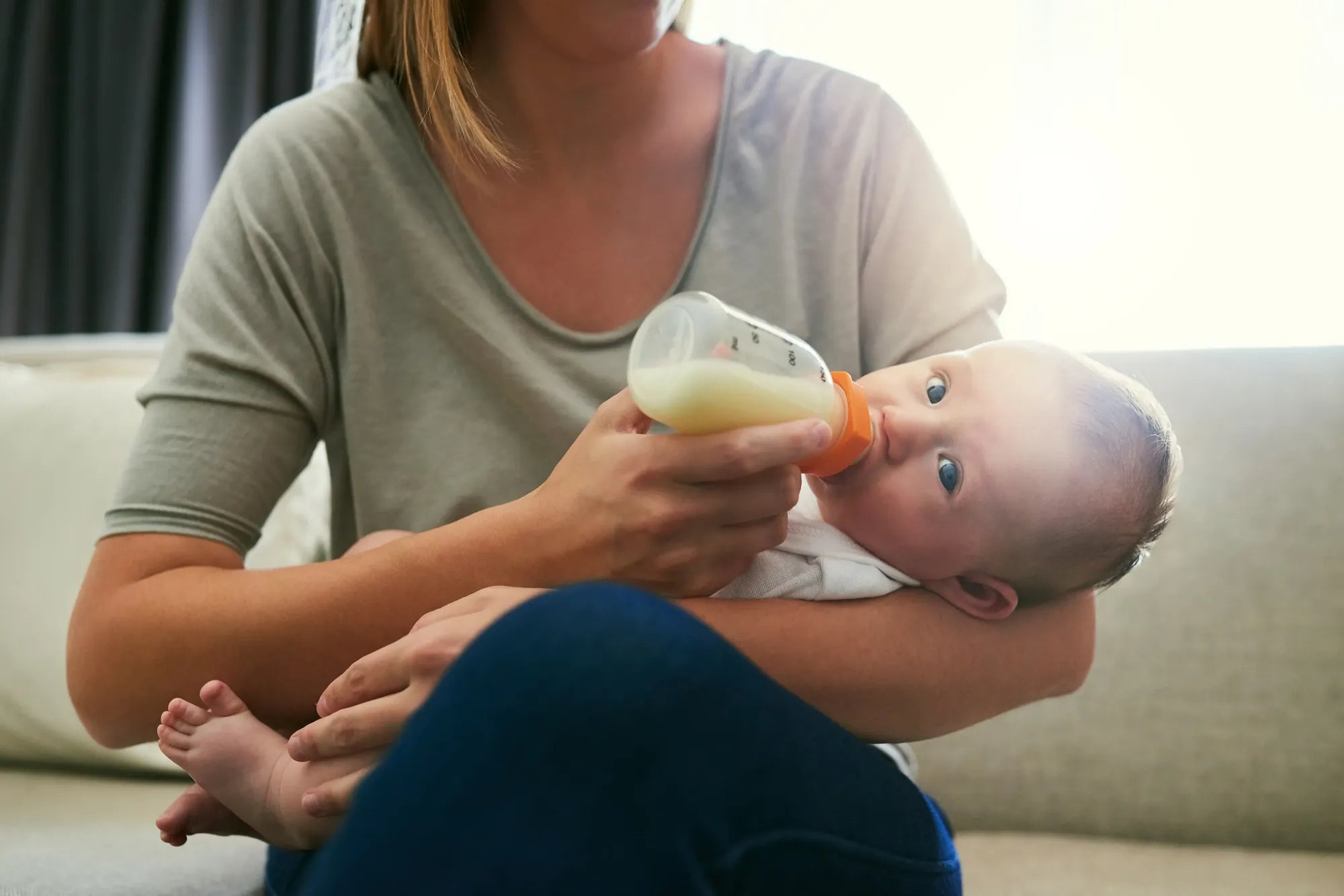Startseite
Pregnancy, Breastfeeding, and Pumping: The Ultimate Guide for Moms
Can I Use Breast Pump at 38 Weeks? Everything You Need to Know

Can I Use Breast Pump at 38 Weeks? Everything You Need to Know
As you approach the final weeks of pregnancy, many questions may arise about preparing for your baby's arrival. One common query is, Can I use a breast pump at 38 weeks? This article dives deep into the topic, exploring the safety, benefits, and considerations to help you make an informed decision.
Understanding the Role of Breast Pumps
Breast pumps are tools designed to help mothers express milk, whether for feeding their baby directly or storing it for later use. They can be particularly useful for mothers who face challenges with breastfeeding or need to stimulate milk production. But when is the right time to start using one?
Is It Safe to Use a Breast Pump at 38 Weeks?
Using a breast pump at 38 weeks is generally considered safe for most women, but it's essential to consult your healthcare provider before starting. At this stage, your body is preparing for labor, and using a breast pump may help stimulate the release of oxytocin, a hormone that can trigger contractions. However, this also means it could potentially induce labor, so caution is advised.
Potential Benefits of Using a Breast Pump at 38 Weeks
There are several potential benefits to using a breast pump at 38 weeks:
- Stimulating Milk Production: Early use of a breast pump can help prepare your body for breastfeeding by encouraging milk production.
- Collecting Colostrum: Colostrum, the nutrient-rich first milk, can be expressed and stored for your baby's early feedings.
- Building Confidence: Familiarizing yourself with the breast pump can make the transition to breastfeeding smoother after delivery.
Risks and Considerations
While there are benefits, there are also risks and considerations to keep in mind:
- Risk of Premature Labor: Stimulating the nipples can release oxytocin, which may lead to contractions. If you have a high-risk pregnancy, this could be a concern.
- Discomfort: Using a breast pump too early or incorrectly can cause discomfort or even damage to the nipples.
- Storage and Hygiene: Proper storage and hygiene practices are crucial to ensure the expressed milk is safe for your baby.
Expert Recommendations
Experts recommend discussing your plans to use a breast pump with your healthcare provider, especially if you're considering starting at 38 weeks. They can provide personalized advice based on your medical history and pregnancy progress. Additionally, consider seeking guidance from a lactation consultant to ensure you're using the breast pump correctly and effectively.
How to Use a Breast Pump Safely at 38 Weeks
If you decide to use a breast pump at 38 weeks, follow these tips for safe and effective use:
- Start Slowly: Begin with short sessions to allow your body to adjust.
- Use the Correct Settings: Ensure the pump is set to a comfortable and appropriate level of suction.
- Maintain Hygiene: Clean all parts of the breast pump thoroughly before and after each use.
- Monitor for Contractions: If you experience frequent or painful contractions, stop using the pump and consult your healthcare provider.
Alternatives to Using a Breast Pump at 38 Weeks
If you're unsure about using a breast pump at 38 weeks, there are alternatives to consider:
- Hand Expression: This method allows you to express milk manually without the need for a pump.
- Delaying Use: Waiting until after delivery to start using a breast pump is a safe option for many mothers.
- Breastfeeding Support: Engaging with a lactation consultant or support group can provide valuable guidance and encouragement.
Preparing for Breastfeeding Success
Whether you choose to use a breast pump at 38 weeks or wait until after delivery, preparing for breastfeeding is essential. Educate yourself about breastfeeding techniques, understand the importance of skin-to-skin contact, and create a supportive environment for both you and your baby.
Using a breast pump at 38 weeks can be a helpful step in your breastfeeding journey, but it's not the only path to success. By weighing the benefits and risks, consulting with experts, and exploring alternatives, you can make the best decision for you and your baby. Remember, every pregnancy and breastfeeding experience is unique, so trust your instincts and seek support when needed.
Teilen

